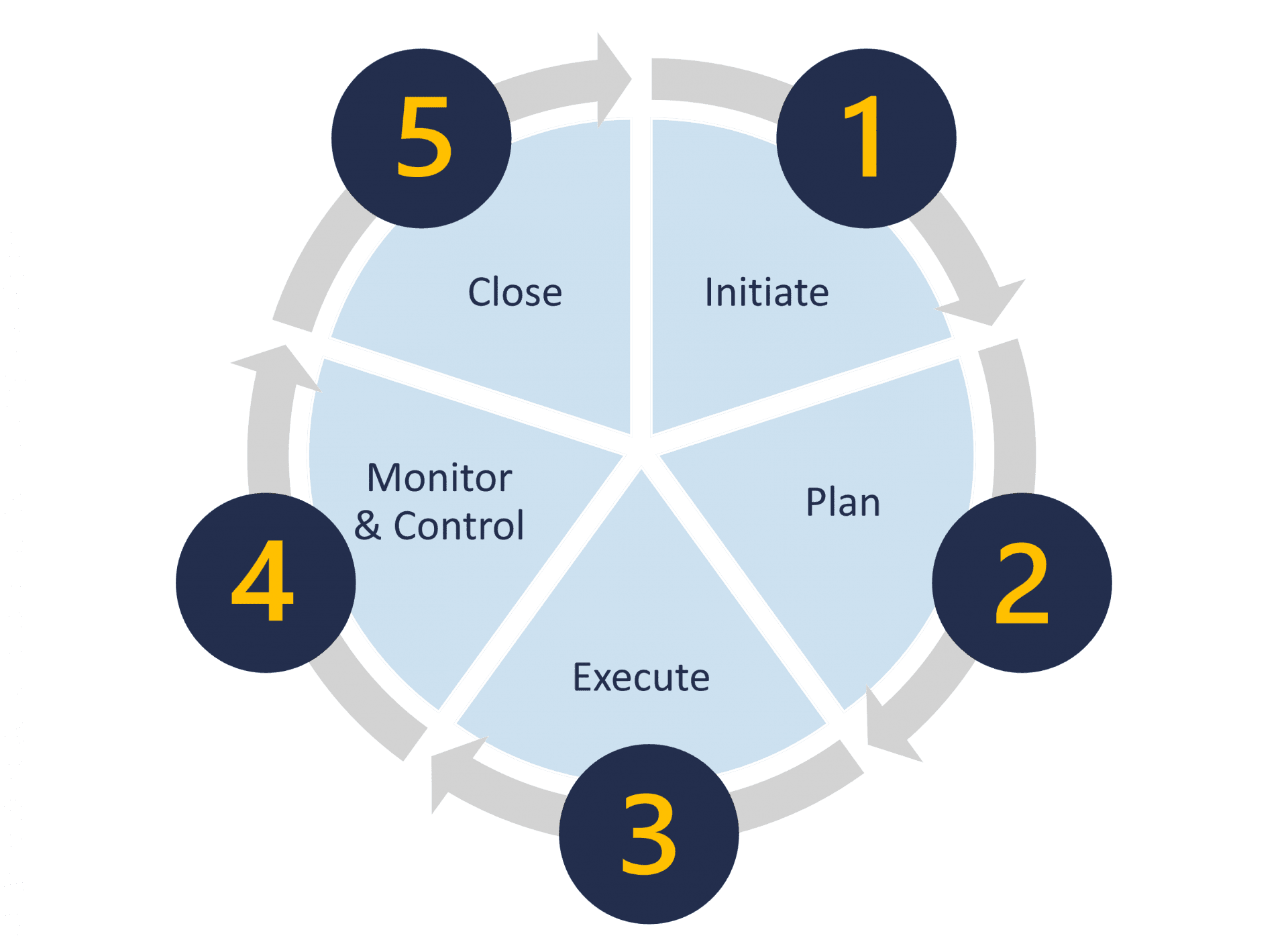
Quality Policy
Rǣdan AI will implement repeatable processes to ensure quality performance for our clients. Our Quality Policy is to ensure that our clients receive the right expertise at the right time to accommodate their requirements.
On each project, we ensure the quality of our services and deliverables through a robust project management process that involves weekly internal reviews and assessments focusing on the quality of the services and deliverables being provided.
We further ensure the quality of service through an independent top-down quality assurance (QA) and technical review process. We identify subject matter experts and research analysts who will not be
involved in the day to day operation of the project. At the start of the project, this Quality Management team meets internally with the Raedan AI project team to ensure all team members are prepared with the tools, knowledge and approaches that are consistent with best practices. Throughout the project, they conduct periodic reviews of project progress and key deliverables, independently validating the results of the analysis, assessments, and recommendations. They are also available for consultation with team members throughout the project to provide insights and to address issues faced on that project.
Value Assurance
Raedan AI depends on its reputation for providing high-quality work that meets and/or exceeds client expectations. To protect that reputation, Raedan AI applies a “Value Assurance” process to all of its engagements. Key elements of the Value Assurance process include:
- Conducting an internal Kick-Off meeting prior to beginning interaction with the client. During this meeting, the Account Manager ensures that all assigned team members understand the statement of work, and are prepared with the tools, methodologies and delivery best practices that will be utilized during the engagement.
- Holding weekly project management activities that focus on team performance (cost, schedule, deliverables) and the overall quality of the services and deliverables that are being provided.
- Ensuring that each Raedan AI deliverable is reviewed for quality, completeness and accuracy by the Account Manager and the Director BEFORE the product is delivered.
- Performing internal review(s) to ensure all deliverables and contract requirements are met prior to completion of the engagement.
There are dedicated individuals directly involved in each engagement to ensure the quality of each deliverable: the account manager, the client representative and the Director. Depending on the subject matter, the Quality Team may include subject matter experts and/or members of Raedan AI.
Guaranteeing Responsiveness to Client Requirements
Key to any successful engagement is a common understanding of the actual project requirements. Too frequently in the contracting environment, a project may be well underway before it is realised that the customer’s expectation of what will be delivered differs from what we understand to be delivered. This can happen when dialogue with the client may be limited because of contracting limitations.
To mitigate this risk in our engagements, Raedan AI conducts extensive dialogue with our clients after contract award and before project kickoff to ensure that there is a common understanding of the engagement requirements, project timeline and deliverables. Then, as part of our Project Management Life Cycle, Raedan AI communicates with our client Project Manager on a weekly basis to discuss the project status, verify that the project team’s effort remains aligned to the client’s goals, update the project work plan and review the work plan for the next week.
The Project Management Life Cycle Raedan AI uses for every engagement is based on our internal subject matter expertise and lessons learned, as well as external sources including the PRINC2® Methodology. Raedan AI aligns with this recognized best practice to maximize value for our clients, minimize the risk for our clients’ projects and ensure client satisfaction. Our approach is comprehensive, starting before the project kickoff and ending after the project close so that successful results are delivered at every stage.

The graphic above depicts the typical activities during the Project Management Life Cycle. It is important to note that Raedan AI views a project as an event that happens with a client— not to a client. We work closely with our clients to adapt leading practices to fit each client’s environment and each project’s requirements.
Problem Resolution Under the Project Management Approach
If a client issue arises that requires escalation, Raedan AI has an assigned Account Manager with responsibility for ensuring client satisfaction on every project. These individuals are formally tasked with the following objectives:
- Ensuring that Raedan AI activities support the client’s goals
- Building and maintaining a long-standing relationship with theclient.
- Providing high-level oversight of the project.
- Taking action as needed to resolve issues.
Also, the Project Management Life Cycle includes mitigation activities targeting any concerns or issues identified by the client. These activities include:
- Conducting a joint kick-off meeting to ensure a common understanding of project scope and methodology, and to ensure that Raedan AI deliverables are structured in accordance with client requirements.
- Providing regular status reports throughout the engagement that include an analysis of potential risks and appropriate mitigation actions.
- Maintaining open lines of communication with the client during each phase of the project so that any issues can be rapidly identified, communicated and resolved.
- Performing a close-out procedure after the engagement is completed which may include a Customer Satisfaction Questionnaire/Post-Engagement Review to review the level of client satisfaction and help ensure even greater satisfaction on future efforts with the client.
Last reviewed: October 2021

